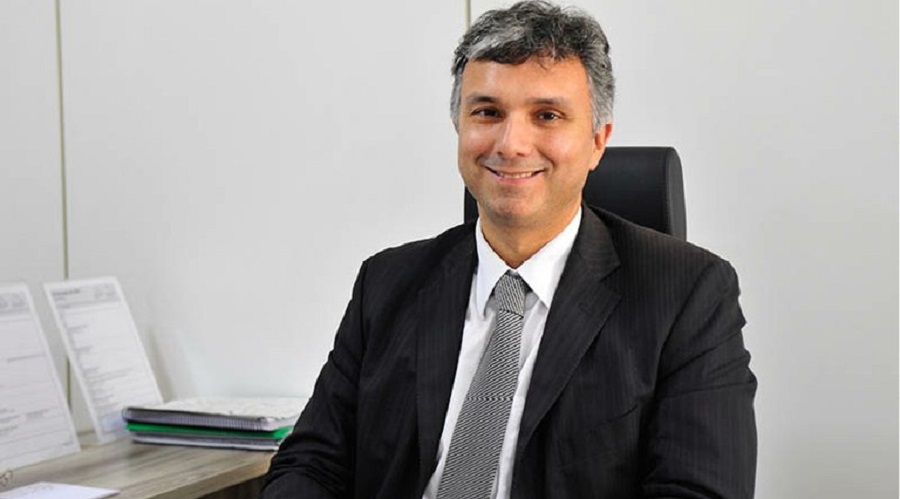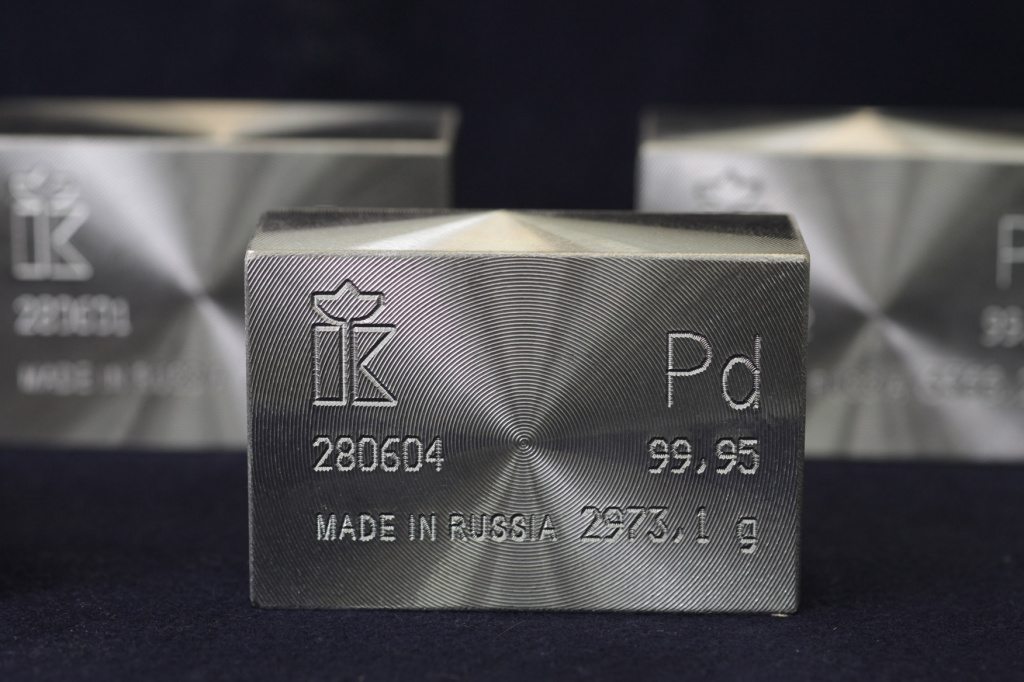Brazil studying auction of rights to six unexplored mining areas in 2019

Brazil’s geological service is studying auctioning off mining rights in 2019 to six previously unexplored areas that have significant potential output of copper, gold, phosphate and other minerals, the head of the organization told Reuters on Monday.
The geological service CPRM, which operates as a state company and carries out functions similar to the United States Geological Survey, has amassed the rights to mining exploration in more than 300 areas in Brazil since its founding in 1969.
It is beginning to auction those rights off under an initiative to encourage private investment, launched after President Michel Temer took office in 2016.
Last week, it announced that in December it would auction off mining rights for coal in the southern state of Rio Grande do Sul and for an area that includes copper, lead and zinc in central Tocantins. Royalty payments are expected to total 550 million reais ($148 million) or more.
Companies generally pay relatively small amounts for initial exploration rights, but royalty payments can stack up over the life of any mines built.
CPRM is studying following up December’s auction with another one in the second half of 2019, with six areas under consideration, Esteves Pedro Colnago said in an interview.
The service has already commissioned studies to put a value on areas of copper in the central state of Goais and phosphate along the border of Paraiba and Pernambuco states, he said. It plans to commission four more studies this year on potential sites of diamonds in Bahia, gold in Tocantins, ceramics ingredient kaolin in Para and coal in Rio Grande do Sul.
He did not give details of the size of potential deposits.
It is not guaranteed that the auctions will take place. With a new Brazilian president set to take office next year, a new CPRM chief could be appointed with other priorities, Colnago said.
But all the information for the potential auction would be available to the incoming administration, and there were already preliminary indications that the sites have economic potential, he said.
“The market is demanding these auctions,” Colnago said.
(Reporting by Jake Spring, Editing by Rosalba O’Brien)
{{ commodity.name }}
{{ post.title }}
{{ post.date }}




Comments